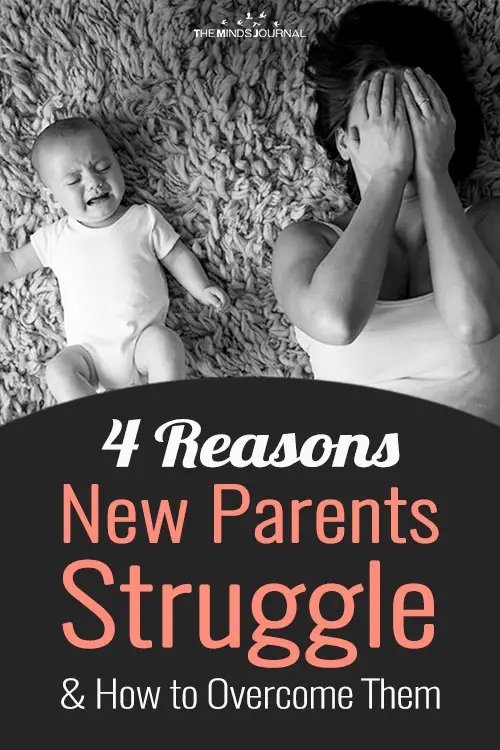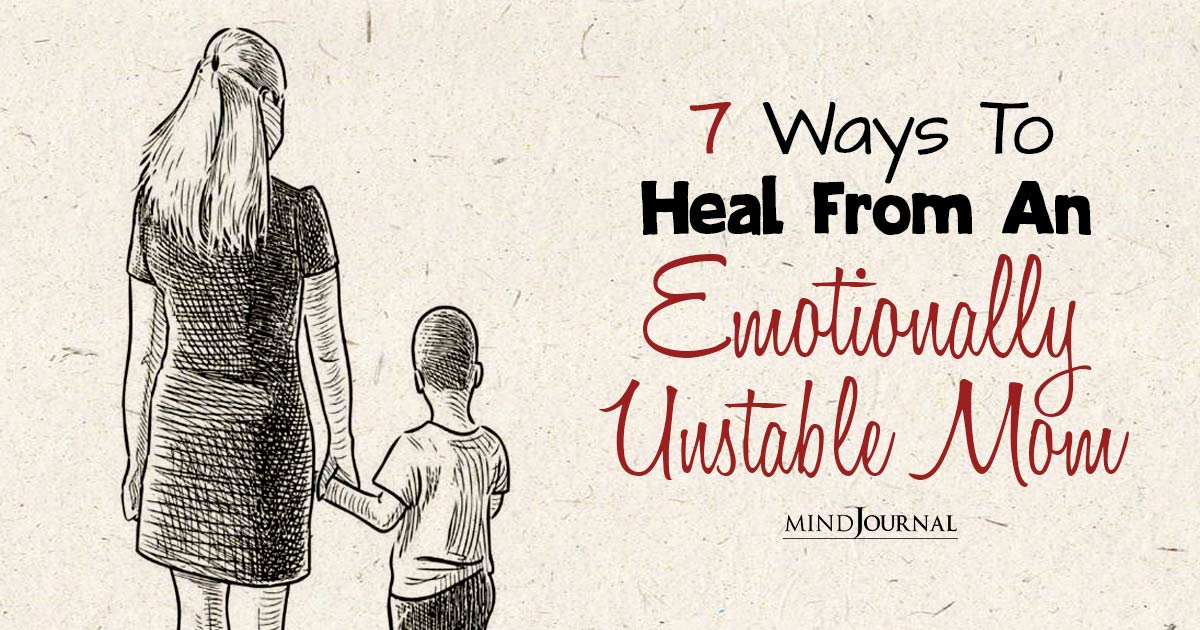There are a lot of reasons why new parents struggle when it comes to raising kids, and most of the time, the reasons are right there in front of them.
Imagine that you’re living on only a few hours of sleep per night. You feel confined to your home and your new baby has been crying for hours. At that moment, your spouse angrily calls you selfish. Feeling attacked, you fight back and the conversation quickly escalates.
This exchange of criticism is one of four science-backed predictors of relationship decline. Research from the Bringing Baby Home Program by Dr. Gottman reveals that new parents who regularly engage in these types of behaviors have a more difficult transition to parenthood.
The four predictors of relationship demise are what Dr. Gottman calls the Four Horsemen of the Apocalypse.
They include criticism, contempt, defensiveness, and stonewalling. So what do these four catastrophic behaviors look like and how can new parents avoid them?

The Four Horsemen of the Apocalypse
1. Criticism
Criticism is different than a complaint. It attacks your partner’s character, indicating that their personality is somehow “flawed.” It also removes your responsibility for the problem and puts it all on your partner. In heterosexual relationships, women tend to criticize more than men.
Some examples of criticism include:
- “You always leave the dishes in the sink.”
- “You never come home on time.”
- “What is wrong with you?”
- “You’re so selfish.”
Want to know how you can criticize the right way? Read Transforming Criticism into Wishes: A Recipe for Successful Conflict
2. Contempt
Contempt is a general feeling of disrespect or apathy about your significant other. The target of contempt is made to feel despised and worthless. Contempt is the single greatest predictor of divorce according to Dr. Gottman’s work.
Examples of contempt include:
- “You would forget your head if it weren’t attached to you”
- “I always have to pick up the slack because you don’t do it as good as me.”
- “You’re an idiot.”
- “Oh honey, you’re such a ditz.”
- “You’re lazy and worthless.”
3. Defensiveness
Defensiveness is used to protect yourself from feeling attacked or blamed. The problem with defensiveness is that it escalates the argument and makes it difficult to come to a resolution.
Some examples of defensiveness include:
- Denying responsibility
- Counter-attacks
- Making excuses
4. Stonewalling
Stonewalling happens when you feel overwhelmed. You simply shut down, withdraw from the interaction, or walk away. 85% of stonewallers in Dr. Gottman’s lab were men.
Examples of stonewalling include:
- Avoiding eye contact
- Refusing to engage in the discussion
- Ignoring your partner
Have you ever stonewalled your partner, or experienced stonewalling yourself? Read Chronic Stonewalling Imprisons a Relationship
The key to overcoming the Four Horsemen is to recognize that you’re engaging in patterns that could damage your relationship.
Every relationship has problems, conflicts, and challenges. Catching them early on and being able to shift gears to healthier alternatives is imperative in order to let the relationship thrive. Typical stressors that new parents face involve childcare, household chores, money and finances, balancing career and family, and extended family members.
Discussing difficult topics in a loving and supportive way helps alleviate tension and heightened stress, and builds a relationship that is intimate and fun.
Try the following steps to help manage conflict:
1. Soften your start-up
The first three minutes of a conversation determines how it will end. Conversations that start using any one of the Four Horsemen go downhill quickly. Raising issues in a gentle way create more positive results.
Examples of a softened start-up: “Can we talk about something that’s been troubling me?” or “You’re always so helpful. I really appreciate that about you. I have some concerns and want to discuss them. Is now a good time?”
Wondering how to manage conflicts in your relationship? Read Help Your Partner Understand Your Side of the Conflict in 3 Steps
2. Accept influence
Our reality is subjective, meaning that there are always two viewpoints and both are correct. Try to understand your partner’s perspective and find some common ground. Can you see value in a part of what your spouse is conveying, even if you don’t agree?
Examples of accepting influence: “Let me try and understand your point of view. Can you repeat how you feel about this?” or “I never saw it that way before but it makes a lot of sense.” or “I don’t agree but can understand how you feel.”
3. Repair often
When things turn negative, try repairing by using humor, empathy, and affection. These repairs de-escalate the tension and soften harsh emotions that may arise.
Some examples of repair attempts: A reach to hold hands or a warm embrace, lightening the mood by teasing or joking (“Can we have a do-over?”) and expressing empathy (“I never understood how hard it was for you until now.”).
4. Compromise
Tackling conflict together and coming up with an agreed-upon plan helps you find common ground. Showing respect for your partner’s point of view allows you both to feel like you’re on the same page.
Some examples of compromise: “It’s not your problem, it’s our problem. How can we meet in the middle?” or “Can we develop a plan for compromise?” or “Where is the overlap in our positions?”
Interested to know more about the art of compromise? Read Reaching a Compromise: The Second Part of the State of the Union Meeting
Don’t fret if you find yourself using the Four Horsemen of the Apocalypse in your relationship. It’s important to understand that these interactions are normal and don’t mean the end of your marriage. With awareness and intentionality, new parents can repair their mistakes and adjust their behavior, especially when they feel like they have a strong connection and friendship.
So the next time you’re sleep-deprived, your baby is crying, and your partner snaps at you, remember Dr. Gottman’s words: “The greatest gift you can give your child is a strong relationship between you and your partner.”
By April Eldemire, LMFT
All new parents struggle, as raising kids is not a joke. But remember to keep calm and work together with your partner to stop this from being a struggle. As long as both of you are in a strong and stable place, everything will be fine.
If you want to know more about how new parents struggle and ways to overcome them, then check out this video below:









Leave a Reply
You must be logged in to post a comment.